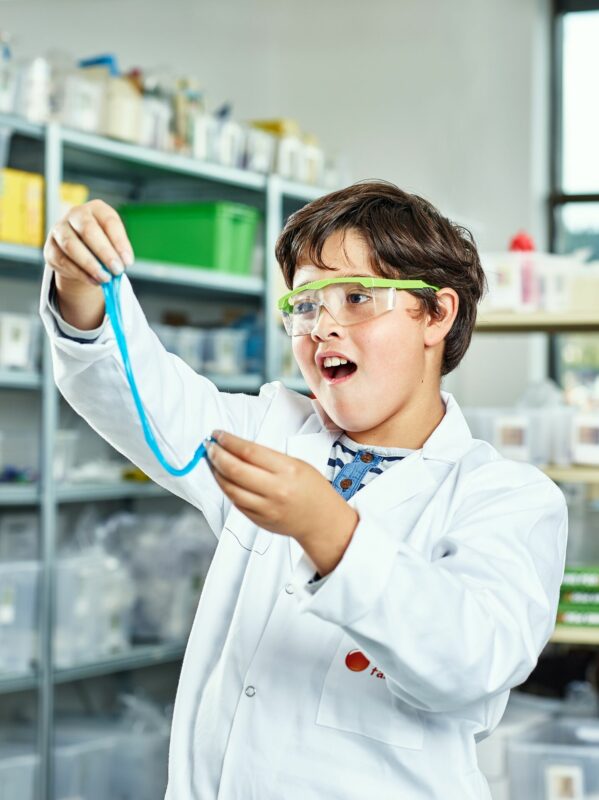Learning
How Important is Happiness to Academic Success?
By Hanne. S Finstad, founder of Scientist Factory and Ph.D.
There is a clear correlation between how happy people are and how they perform professionally. But what about school? Can happiness affect school students positively?
Scientists define happiness as a positive feeling that gives life meaning. Happiness research is having a moment right now, which makes sense, considering how important it is to our well-being and life overall. Happy adults make more money, accomplish more, and are good at helping others. To find out if happiness has a similar effect on children’s academic results in school, a group of scientists interviewed students at a school in Washington DC about how they felt. The students answered a long list of survey questions that helped map how happy they were. The results showed that the happiest students at school also had the best grades, and the same finding emerged from the interviews. The students clearly expressed that they learned the most when they felt happy.

What makes students happy?
The study showed that the social environment at school had a decisive impact. Children were happy if they had friends and considerate teachers. Or, in the words of one of the students on the survey:
– I’m happy at school because I have many friends and kind teachers.
The findings are backed up by a Norwegian survey from a few years ago, in which 3000 school students participated. The students answered questions about what they felt was the most important for learning something at school. A significant number of the participants emphasized feeling safe around other students and teachers. They wanted kind teachers. A follow-up study was conducted recently to map what measures effectively contribute to student mental health. Much of the message remains the same: students want a safe school where time to get to know one another is prioritized.
How is the learning influenced by emotions?
The explanation is that emotions are closely connected to learning in the brain. Two brain areas called the hippocampus and amygdala are essential in this regard. The amygdala analyzes sensory information that creates emotions and evaluates how vital this information is. There are connections between the amygdala and other brain areas, such as the frontal lobe and the hippocampus. The hippocampus is responsible for transferring data from the working memory to the long-term memory, allowing us to remember new experiences and new knowledge. Feelings that originate in the amygdala influence this process. If you stop to think about it, you have probably felt this connection. Our memories of emotionally intense experiences tend to be vivid.
The connection between the amygdala and the hippocampus explains why all educators should be mindful of what feelings they awaken in the kids.
Positive emotions promote learning while negative emotions stall learning.
We have believed that emotion and reason are opposites since the ancient Greek philosopher Plato’s time, thinking that we act either entirely rationally and deliberately or thoroughly irrationally and impulsively. Recent studies of the hippocampus and the amygdala show that this is wrong. Feelings have a significant impact on what we learn and how we think. They impact how we perceive things, our attention, and what we remember.
Sources
1. Think differently and deeply, vol 2, s 22-23, October 2015
2. How the brain learns, DA Sousa, Corwin 2011
3. Skoleproffene, Forandre med varme, Råd for trivsel i skolen. Forandringsfabrikken 2016.

